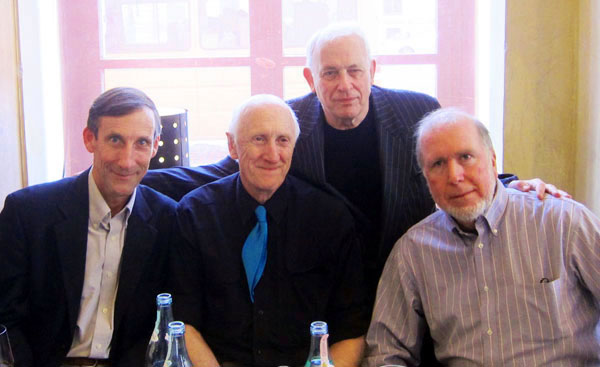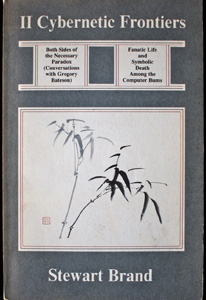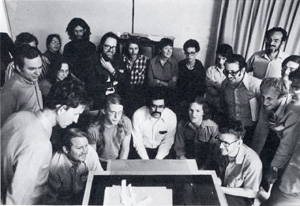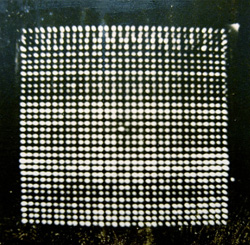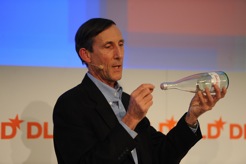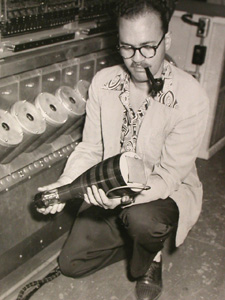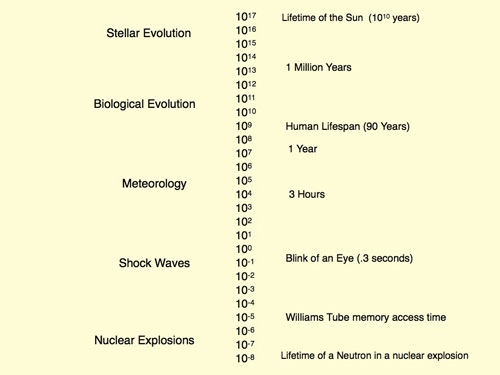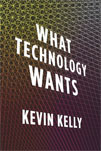You might want to just delve into the site edge.org later on to grasp how wide a range of topics and the wide the types of writers are there. Every year — and it's just out now — is a great feature in which John asks one deceivingly simple question. For example, "What are you Optimistic About?" And because there's a network of thousands of really brilliant minds, the answers are mind-boggling. This year's question was "What Scientific Concept Would Improve Everybody's Cognitive Toolkit"? It's worth checking out. It's really wild.

ANDRIAN KREYE was born and lives in Munich. Since 2007 Andrian Kreye works as editor of the Feuilleton at the Sueddeutsche Zeitung. From 1988 to 2006 he lived in New York, working as a correspondent for Sueddeutsche Zeitung, Frankfurter Allgemeine Magazin andTempo. During that time he also worked extensively in Latin America, Africa, Asia and the Middle East. In 1986 he was part of the founding team of the magazine Tempo. He has published four books about America, written, produced numerous TV documentaries.
Andrian Kreye: I have the great honor and pleasure of introducing Edge to you. Edge was basically what we from the cultural side were always waiting for on the Internet. It was basically an intellectual salon and what happened — and what we all were hoping for — was the intellectual salon became a global network of thought. And in about two minutes you are going to see the core group of Edge, led by John Brockman which is going to be led by John Brockman.
John Brockman started the website edge.org in 1997 as a digital outpost of the Reality club, which was something like a mobile round table of science’s most brilliant thinkers and visionaries. The third culture is just staring to get it's major thrust and Edge is still a major force of this thrust.
Well it's always great to rave about John, but we'll let Denis Dutton do it. Denis Dutton, who recently passed away, was editor of another intellectual outpost on the Web, Arts & Letters Daily. In the last email John received from him, Dutton called him "the greatest intellectual impresario in publishing in the world. In fact, there is not even any magazine editor who can compare with you in the current generation."
You might want to just delve into the site edge.org later on to grasp the wide range of topics and types of writers. Every year — and it's just out now — is a great feature in which John asks one deceivingly simple question. For example, "What are you Optimistic About?" And because there's a network of thousands of really brilliant minds, the answers are mind-boggling. This year's question was "What Scientific Concept Would Improve Everybody's Cognitive Toolkit"? It's worth checking out. It's really wild.
And he also has a great device called "the book". When The Annual Question comes out, the Question from the previous year also comes out in book form. I talked to Martin Rowan last night, the editor-in-chief of Wired.UK Magazine, and he's in this year's Question ( and I was in this year's and last year's ... the excitement makes me feel like a teenager). Rowan said that if you are invited to answer the Edge Annual Question, it makes you feel like an intern again.
I wish I could tell you that this is a really historic meeting because you are going to have the four core people from Edge here on stage. But it isn't because they've known each other for quite a while. In fact, this movement actually started in 1965 when the composer John Cage handed a copy of Norbert Wiener’s Cybernetics to John, and John and Stewart started underlining the book together in a frantic reading session that lasted two days. This is where it started and I welcome you to hear and see where it is today.
All of you are here because of something Stewart Brand said to Steve Woznik in 1984 in a very offhanded way. We were at the first Hacker's Conference, at an old Army base by the sea in Marin County. Stewart organized it with the help of Kevin Kelly, a co-organizer. And he got me to pay for half of it. All the original hackers were there. I forget what Wozniak said, but I remember Stewart's reply ... I was sitting right next to him.
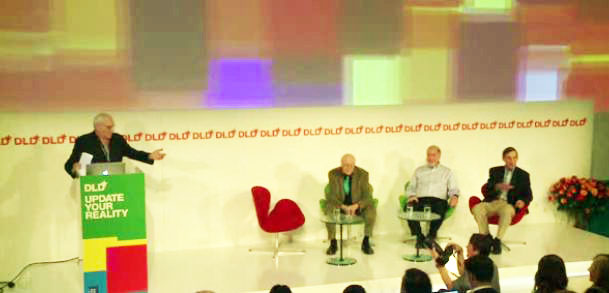
JOHN BROCKMAN is a cultural impresario, whose career has encompassed the avant-garde art world, science, books, software, and the Internet. He is publisher and editor Edge.org, the highly acclaimed website devoted to discussions of cutting edge science by many of the world's brilliant thinkers, the leaders of what he has termed "the third culture", and CEO of Brockman, Inc. the leading international literary agency for serious nonfiction authors such as Richard Dawkins, Daniel Dennett, Jared Diamond, Brian Greene, Steven Pinker, and Nassim Taleb. He has the distinction of being the only person to profiled on Page One of both The New York Sunday Times "Arts & Leisure" and The New York Times "Science Times".
Included in his works as author and/or editor are By the Late John Brockman; The Third Culture; Digerati; and The New Humanists. In addition, he is editor of a series of books based on the Edge Annual Question that include What We Believe but Cannot Prove; What is Your Dangerous Idea?; and Is The Internet Changing the Way You Think?

